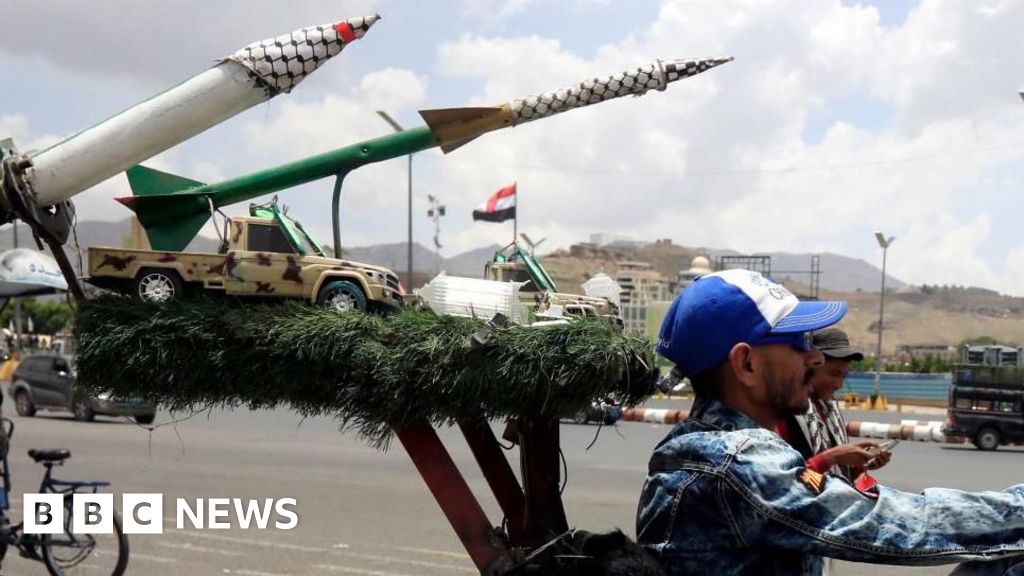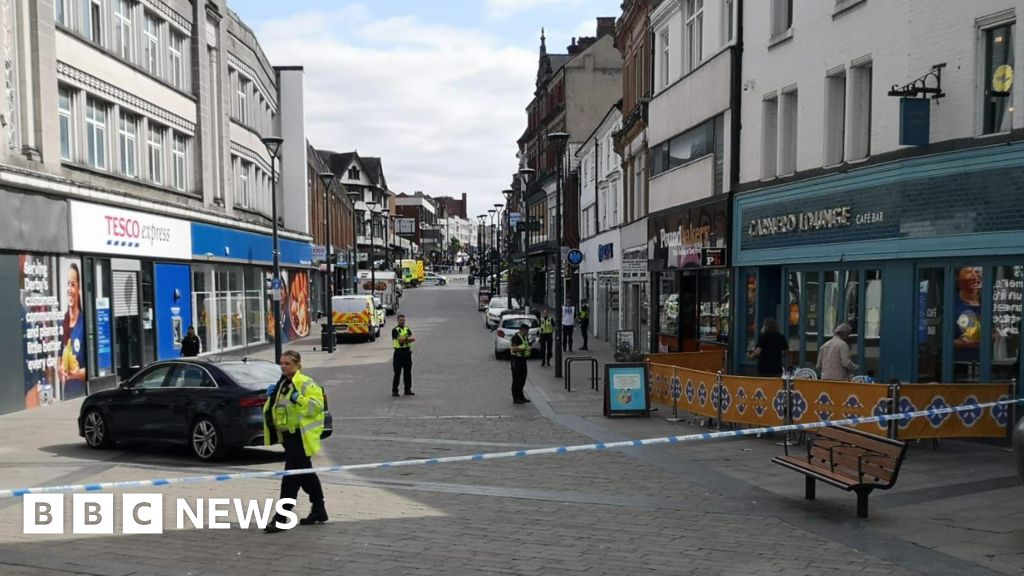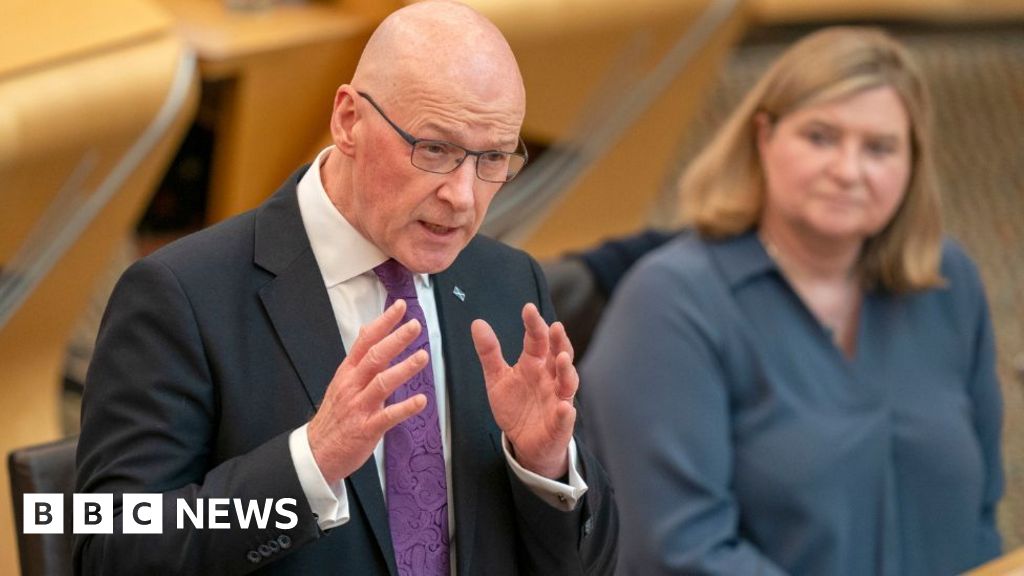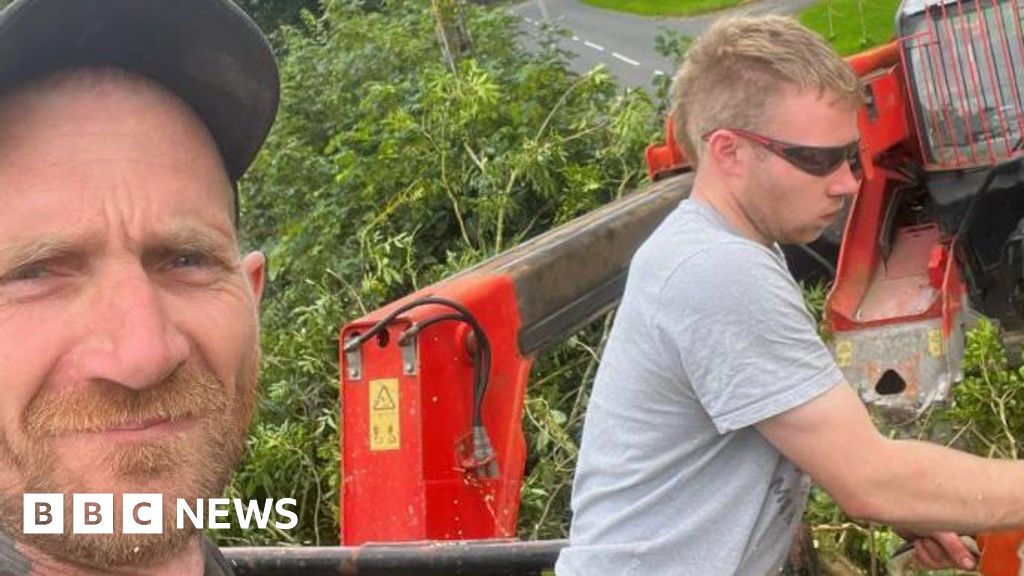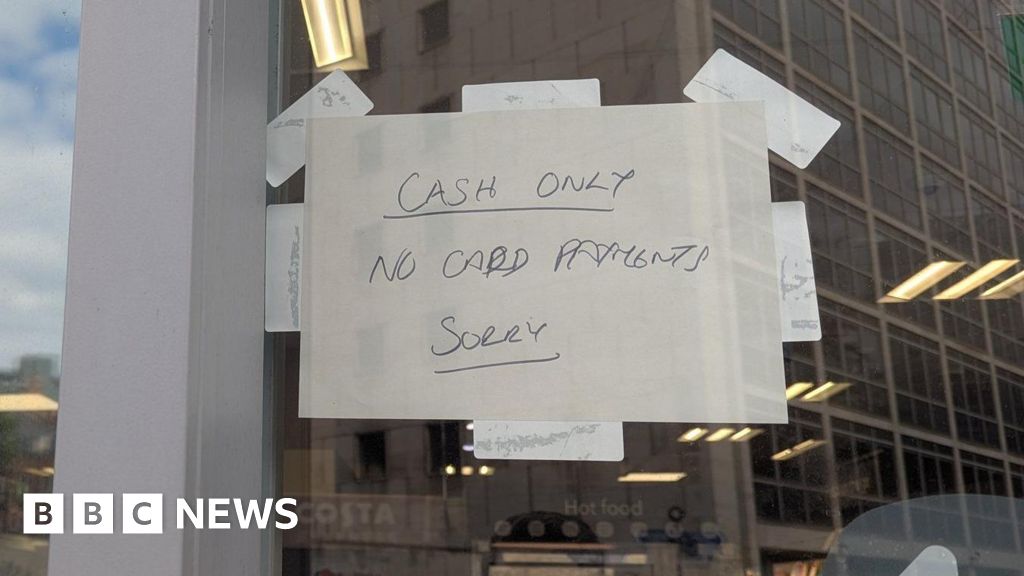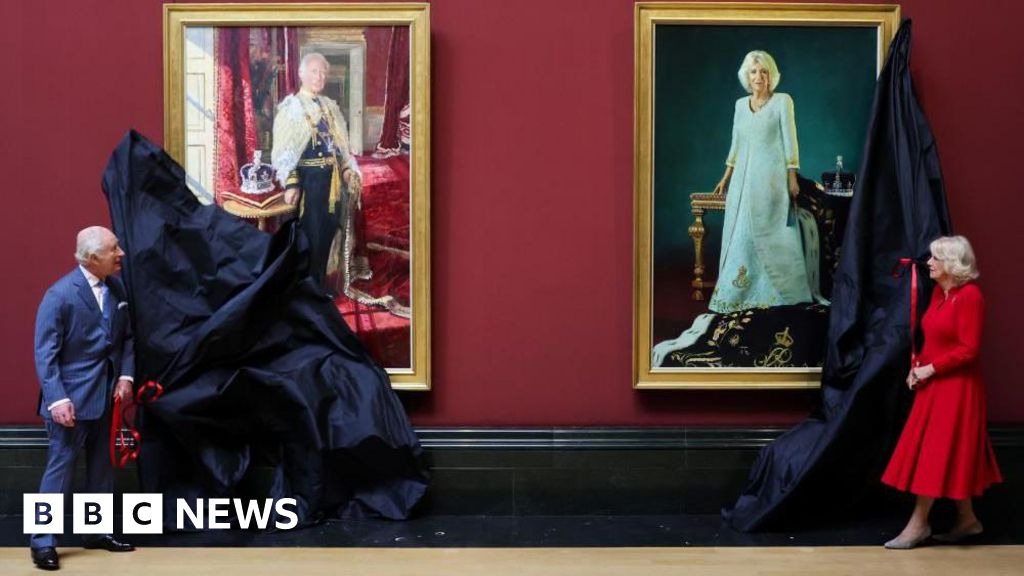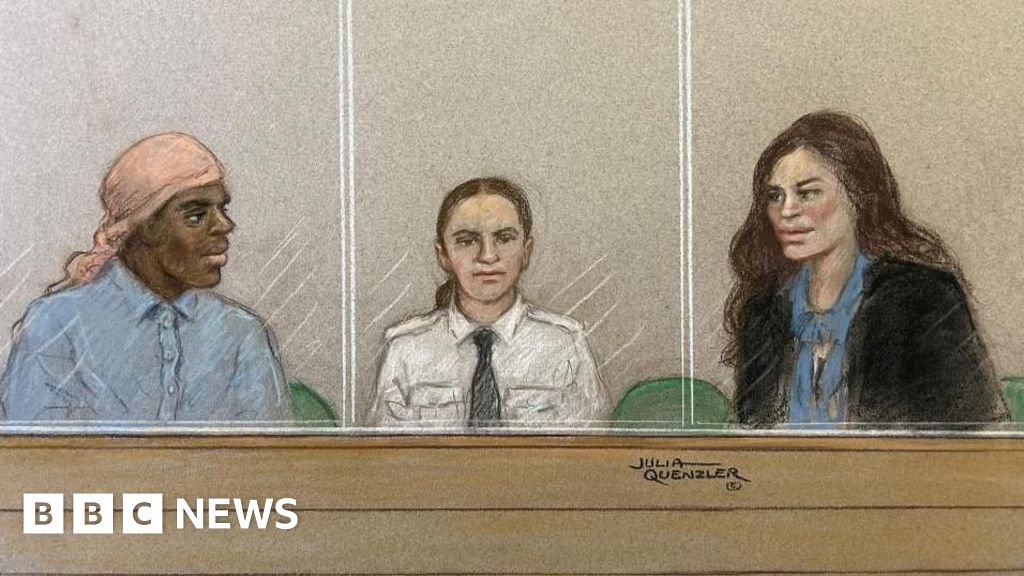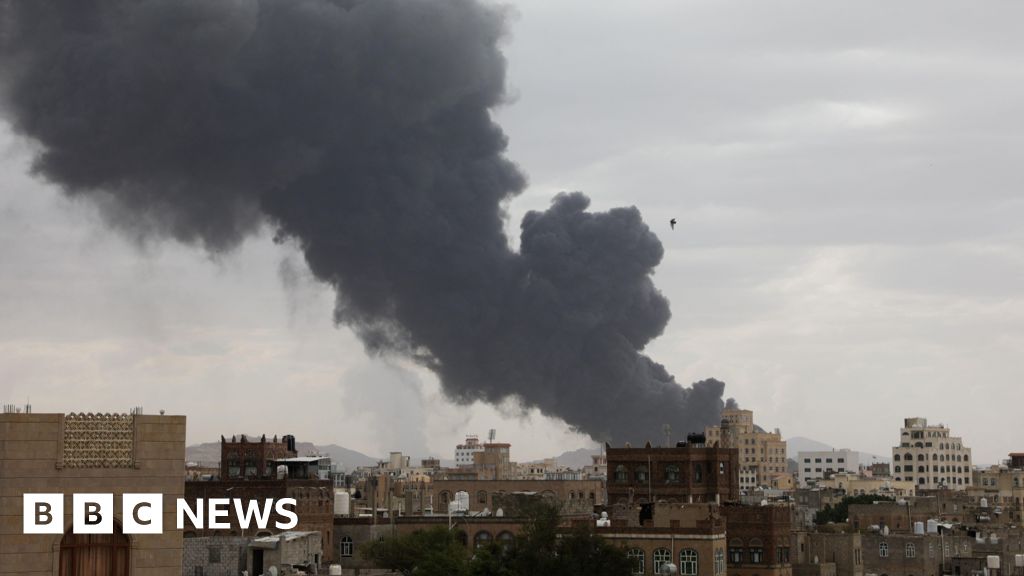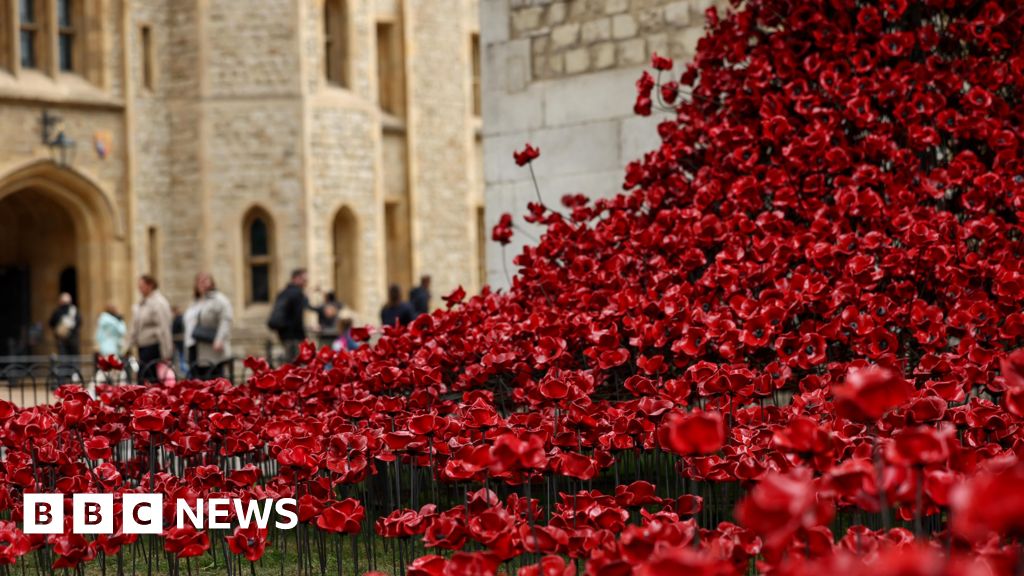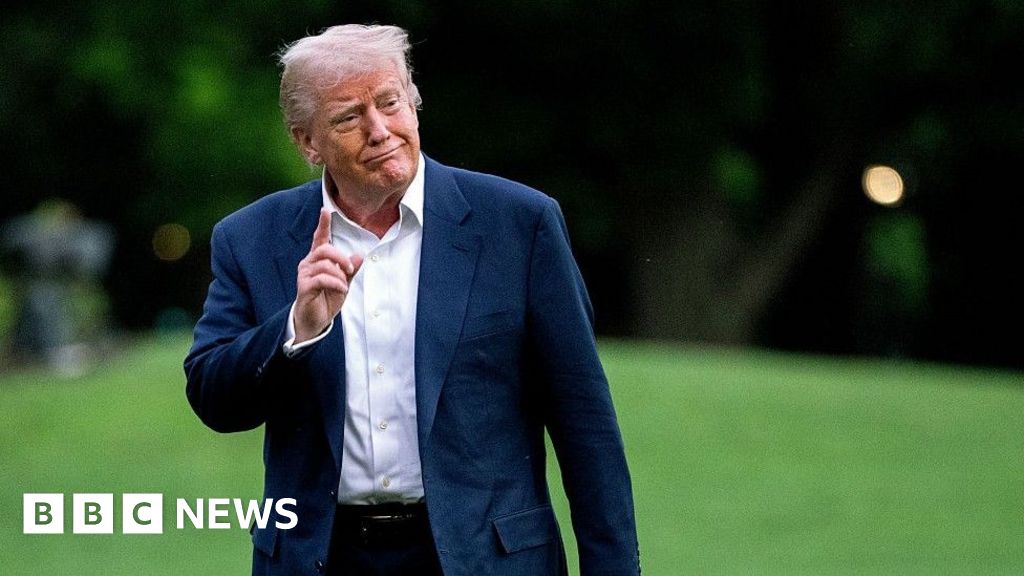Fergal Keane
BBC News, Jerusalem

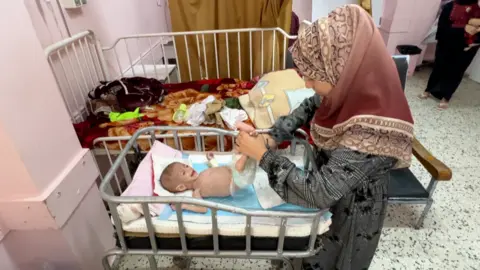 BBC
BBC
Siwar's mother, Najwa, is struggling to find the right kind of formula milk her baby needs to survive
Sometimes in war it is the smallest sound that can make the loudest statement.
In Gaza's Nasser hospital, a five-month-old girl struggles to cry.
Siwar Ashour is hoarse. Her voice has been robbed of the energy to fully communicate her distress. She cannot absorb regular formula milk and doctors say the Israeli blockade now in its third month means supplies of the food she needs are scarce.
Siwar sounds as if the weight of the war is pressing down on her lungs.
Her mother Najwa, 23, is changing Siwar's nappy. She weighs just over 2kg (4lb 6oz). A baby girl of five months should be around or over 6kg.
"There was no food when I gave birth to her," says Najwa.
"If I wanted to feed myself so I could breastfeed her, I had no nutrients to make my health better... She now only drinks formula milk, and we don't know how we'll be able to provide it for her."
Israel has banned international journalists from entering Gaza to report independently.
A local BBC colleague filmed the unmistakable signs of advanced malnutrition on Siwar's body. The head that seems far too big for her frame. The stick-like arms and legs. The ribs pressing against her skin when she tries to cry. The large brown eyes that follow her mother's every small movement.

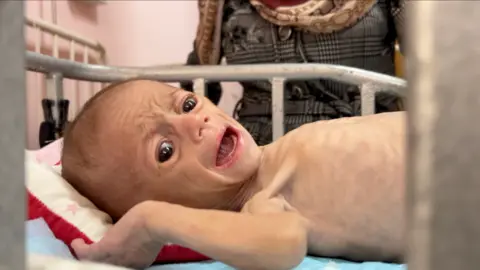
A local BBC colleague filmed unmistakable signs of advanced malnutrition on baby Siwar's body
Najwa worries about what will happen when she must leave the hospital.
"The hospital provided with great difficulty some milk for her, they searched all of the hospitals but they could only find it in one. They told me that they will give me one bottle when we leave, but it is barely enough for four days. Her father is blind and he can't provide a bottle of milk for her, and even if we found it, it would be expensive, and he doesn't work."
According to Siwar's doctor, Ziad al-Majaida, it was her second stay in the hospital. She was back because of the shortage of milk formula.
"Nothing enters through the borders, no milk, food or anything. This leads to big problems here for the kids. This baby needs a specific type of milk. It was available before, but because of the border closure, the stocks have run out for a while now."
The hospital is trying to find more supplies but Siwar is weak and suffering from constant diarrhoea.
"If she stays like this, her life will be in danger, but if her milk or treatment were provided, then her state would improve," says Dr Majaida.
Since the beginning of the year, according to the UN, about 10,000 cases of acute malnutrition among children have been identified. Food prices have rocketed by as much as 1,400%.
Charity kitchens, which have helped hundreds of thousands of Gazans, are shutting as food supplies run out. Twenty-five bakeries supported by the World Food Programme have been forced to close.
In the southern city of Khan Younis, where Nasser hospital is located, our journalist visited a kitchen run by Shabab Gaza (Gaza Youth), which delivers food directly to families. Enough for a meal a day per family.
The head of the charity, Mohammad Abu Rjileh, 29, said three of their four kitchens had closed due to lack of supplies. Looting by criminal gangs, and by desperate civilians has deepened the supply crisis.
"Many of the organisations that support us had their warehouses looted. Instead of having enough ingredients to cook 10,000 meals daily - ingredients that were expected to last us an additional week or 10 days - we now have enough for only one or two days. If no immediate solution is implemented and the borders are not opened as soon as possible, we will be forced to stop cooking."

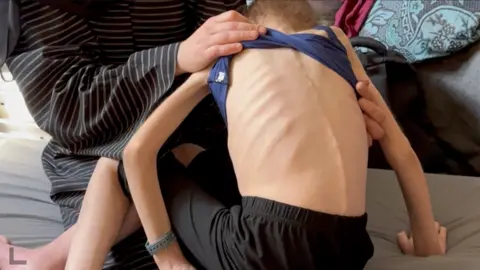
The UN has identified 10,000 cases of acute malnutrition among children in Gaza since January
Israel cut off all humanitarian aid and other supplies from entering Gaza on 2 March, and resumed its military offensive two weeks later, saying it was putting pressure on Hamas to release the 59 hostages the group is still holding in Gaza, up to 24 of whom are still thought to be alive.
The United Nations has said the Israeli blockade constitutes "a cruel collective punishment" on civilians.
The UN's humanitarian director, former British diplomat Tom Fletcher, said that international law was unequivocal.
"As the occupying power, Israel must allow humanitarian support in... Aid, and the civilian lives it saves, should never be a bargaining chip," he warned.
I put this point to Boaz Bismuth, a leading member of Prime Minister Benjamin Netanyahu's Likud party. He denies there is an aid crisis caused by the blockade.
"There is food in Gaza... Israel wouldn't do such a restriction if the population didn't have food. I mean, I know my country perfectly well," he said.
I put it to Bismuth that he was denying the evidence of people's eyes, that children were starving.
"There are not starving children. I repeat again." He said that there had been allegations months ago of famine, ethnic cleansing and genocide in Gaza "which was crap".
"Nothing has really changed because we're Israel, and we obey not only international law, but also humanitarian law."
"What we want is our hostages back and Hamas out of Gaza. The war can be over in exactly 30 seconds."

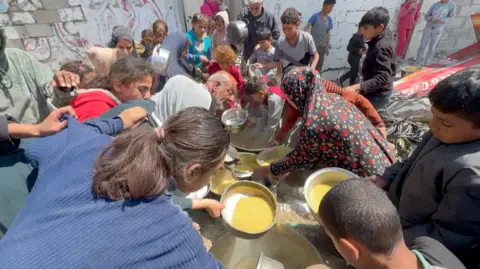
Families in Gaza rely on charity kitchens for food but many are shutting down due to food shortages
Israel has long accused Hamas of hijacking aid, which Hamas denies.
The president of the Palestinian Authority, Mahmoud Abbas, based in the occupied West Bank, recently claimed most of the looting was being done by gangs associated with Hamas.
He also called the movement "sons of dogs" and demanded the release of Israeli hostages. Hamas responded by saying Abbas "repeatedly and suspiciously lays the blame for the crimes of the occupation [Israel] and its ongoing aggression on our people".
Without being able to enter Gaza and report independently, it is difficult to investigate the unfolding events.
Violent criminal gangs have been heavily implicated in stealing aid. Hamas is threatening violence against groups and individuals it accuses of theft.
Two people were shot outside an Unrwa warehouse but it is not clear who killed them. A local activist who was present blamed Hamas.
"Hamas is hoarding food, depriving the hungry population of food, and selling food at very high prices. The population protested and demanded that the food be distributed or they would take it by force. Hamas fired live ammunition at the hungry," said Moumen al-Natour, a lawyer and protest leader.
All of this is happening in the context of a growing hunger and the breakdown in order that has accompanied the war and blockade.
The Israeli cabinet has approved an escalation of the military offensive in Gaza. It says it aims to destroy Hamas - a goal that has proved elusive for the last 19 months of war.
There are also reports that Israel plans to use private security companies to oversee the distribution of aid in Gaza, although no date for this has been made public.
The United Nations and major aid agencies have described this as a politicisation of aid with which they will refuse to co-operate.
With additional reporting by Alice Doyard and Nik Millard
.png)
 3 hours ago
2
3 hours ago
2

